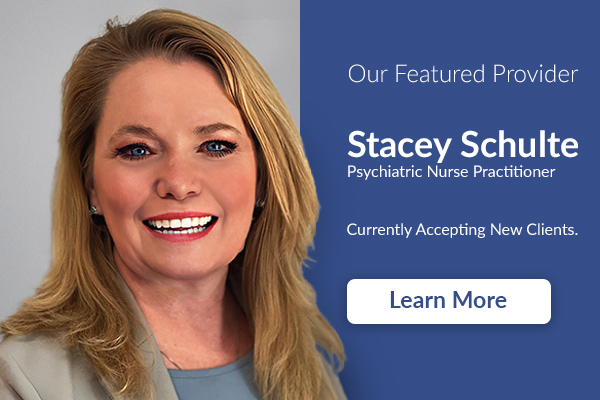We are continuously trying to improve upon ourselves and technology provides us with the resources that allow us to better ourselves with the click of a button. Want to learn how to complete a home improvement project on your own? There are countless apps available to help you to achieve this task. But what about the websites and apps you have seen to track exercise and calories lost, or help monitor your food intake by having you write down everything you’ve eaten for the entire day? Websites like MyFitnessPal.com or the RunKeeper app are meant to help individuals lead a healthy lifestyle, but what about those who start with the goal of losing 10 pounds and become obsessed? It’s easy to develop tunnel vision once you start counting calories and eating disorder awareness advocates are concerned that this could easily turn into anorexia or bulimia. In the United States, 20 million women and 10 million men suffer from an eating disorder at some time in their life.
Are you concerned about a friend’s eating behaviors or attitudes but don’t know how to address it with them? Here are some do’s and don’ts to follow.
Do:
- Set a time to talk. Set aside time in a private setting with your friend to discuss your concerns.
- Communicate your concerns. Share your memories of specific times when you felt concerned in response to their eating or exercise behaviors. Talk to them in a supportive way and be mindful of using “I statements” when mentioning your worries.
- Explain that they may need help. Ask your friend to speak with a health professional who is knowledgeable about eating issues. If you feel comfortable doing so, offer to help your friend make an appointment or accompany your friend on their first visit.
- Express your continued support. Remind your friend that you care and want them to be healthy and happy.
Don’t:
- Start conflicts. If your friend will not acknowledge that there is any reason for concern, restate your feelings and leave yourself open and available as a supportive listener.
- Place shame, blame or guilt on your friend. Don’t use accusatory “you” statements like, “You just need to eat.” Or, “You are acting irresponsibly.” Instead try, “I’m concerned about you because you refuse to eat breakfast and lunch.”
- Give simple solutions. For example, “Just stop exercising so much!”
Samaritan Interfaith takes eating disorders seriously, if concerned, contact us at 630-357-2456 or visithttp://samaritancenter.org/ We also provide free, anonymous eating disorder screenings which take just a few minutes to complete! To take a screening click here.
Samaritan Interfaith inspires hope, facilitates change and creates lasting impact on individuals, families and faith-based organizations. We offer Spirit led, compassionate care through counseling, education and consulting.



Comments are closed.